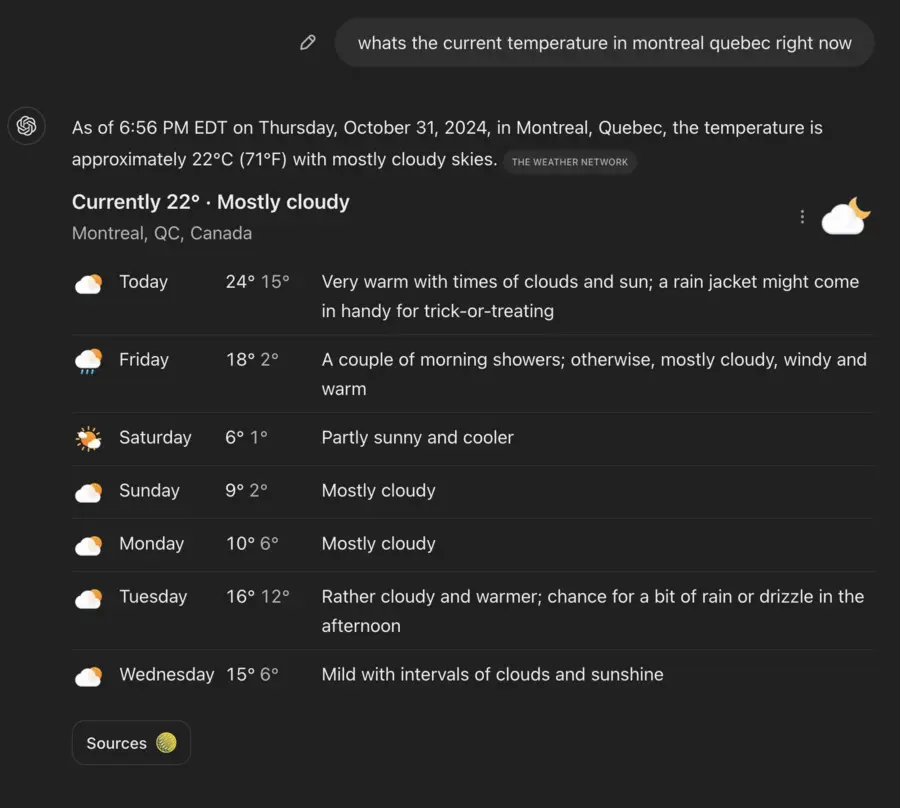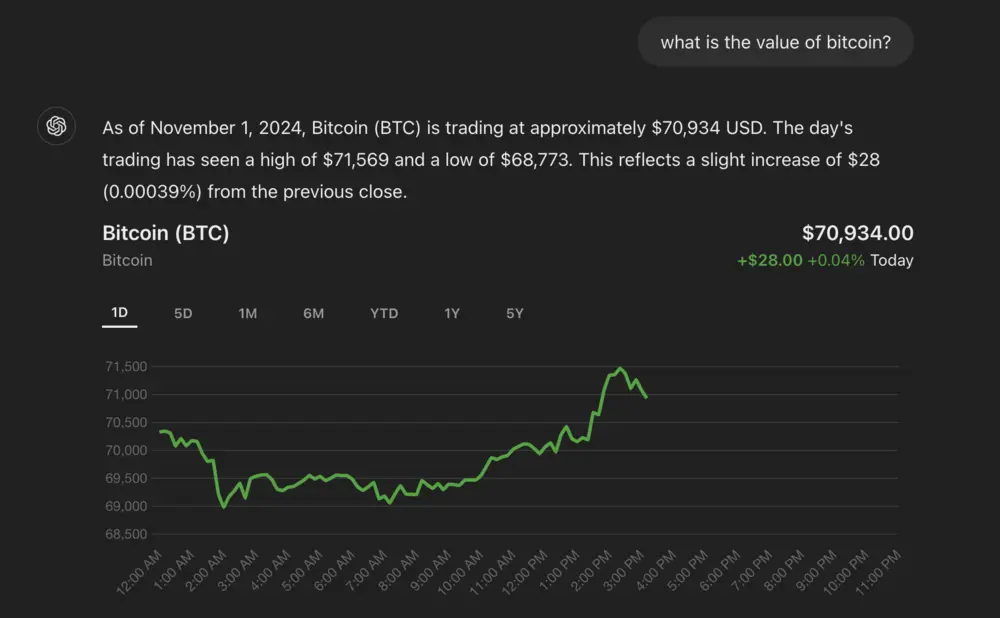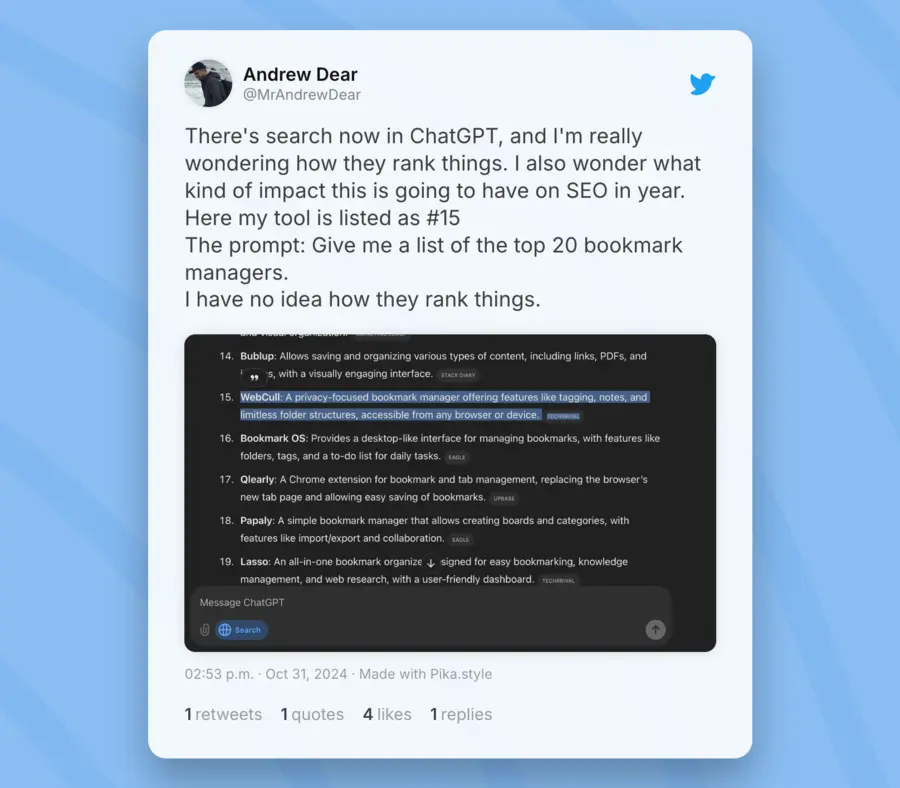How Will Search Change Forever?
For the last couple of years ChatGPT has been first choice among the majority as a tool for research, idea generation, and development, and now it is expanding its capabilities with a new feature for real-time information retrieval. The introduction of ChatGPT Search could reshape how we think about search engines, and even redefine what "search" means. This evolution impacts not just the future of search, it potentially shifts how society researches things and finds out up-to-date information. Let’s dive into the implications.

With search capabilities now integrated into ChatGPT, it is no longer just a conversational assistant; it also draws from the vast resources of the web. Users can now receive fast, current answers directly within a conversation, without needing to do a traditional search. For example, you can check stock prices, weather updates, or sports scores, instead of having to sift through multiple websites, you receive direct and cited information. One very interesting thing is that you can do some searches, then switch to conversation mode, and ask questions about the results. This kind of LLM search might be a game-changer in terms of productivity if the search results are good but it also might mean that some websites see much less traffic.

One major area of impact is SEO and the nature of web interfaces. A potential area of concern is, will this technology act in favor of large corporations, or will it actually help small businesses grow? Traditionally, search engines act as a bridge to new information, providing users with lists of links to explore. Generally, it can take a lot of money to compete on common keywords on search engines because of the ability for anyone with money to buy high-quality backlinks and control the results. In contrast, we are hoping that an AI Search aims to provide the most relevant information instead of being based on metrics that are bought and sold. Their exact approach to search raises important questions about how easily it can be manipulated, and how genuine search results will be. If the quality of results coming from ChatGPT is better, the future of traditional search engines like Google, whose business model relies heavily on how users find web content, might be in question. As ChatGPT Search starts to bridge the gap between questions and direct answers, SEO strategies may evolve—marketers might soon need to optimize for neural nets delivered by AI-driven interface instead of conventional search engine algorithms.
It’s important to note that current search engines will not disappear overnight—they will be phased out gradually over several years. However, whatever comes next could be significantly better. Google has been moving toward more conversational search experiences, but its approach still largely relies on a link-based structure. ChatGPT Search challenges this model by delivering answers through a neural network LLM, simulating an interaction with an expert who has instant knowledge without much explanation. This shift could drive the future of search, potentially enhancing result relevance while addressing the phenomenon we call 'blog rot', it could also go nowhere due to the results being not as good. There isn't much information out right now detailing how OpenAI generates search results, one can only hope that it creates a new baseline expectation for quality and relevance.
In the end, the future of search lies in question. ChatGPT’s new search feature is pushing us closer to a different way to search and interact with search engines and raw data. There is no doubt that traditional search providers are paying attention. There are real questions in balance now, whether AI will replace conventional search engines, or how the boundaries between these experiences will continue to blur.

